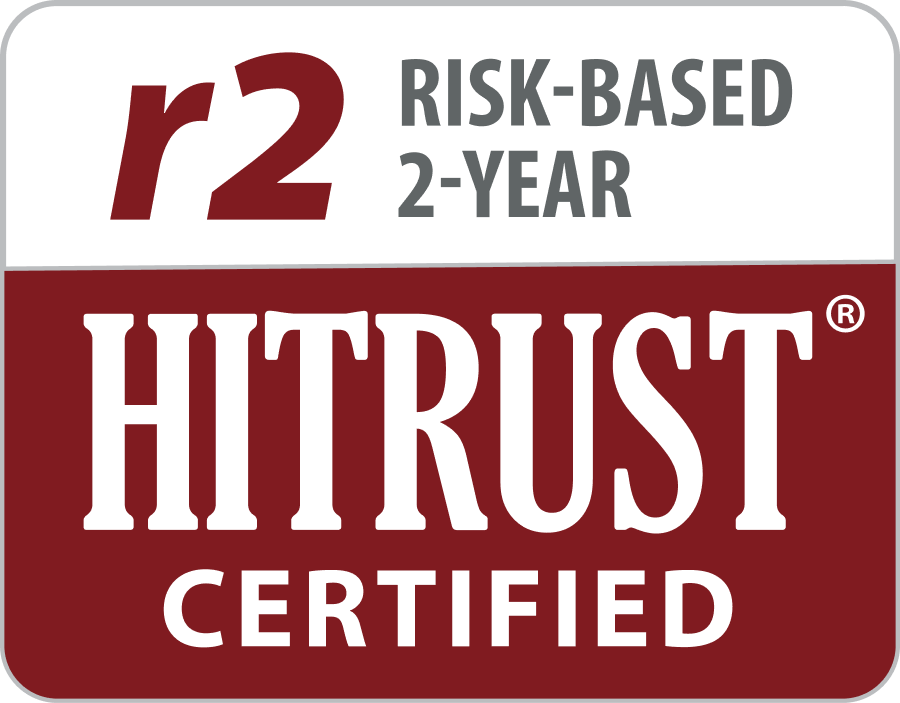
Medicare Advantage, ACA & Medicaid Risk Adjustment
Robust Programs for Complete, Accurate & Compliant Submission
ATTAC’s risk adjustment experts help health plans, provider organizations and vendors implement effective risk adjustment programs for Medicare Advantage, commercial, ACA and Medicaid.
We’re one of the nation’s leading risk adjustment auditors for ACA HHS-RADV audits and Medicare Advantage risk adjustment audits and reviews.
Risk adjustment impacts the bottom line, and ensuring complete and accurate diagnosis capture and reporting of illness burden is critical. ATTAC’s experts can help you implement an effective and compliant program.
ATTAC’s Risk Adjustment Case Studies & Capabilities Brochures
Risk Advizer | Reduce the Risk, Cost & Aggravation of an OIG Audit
Risk Adjustment Program Compliance & Risk Mitigation Services
Risk Adjustment Data Validation
Risk Adjustment Strategy & Program Optimization
Risk Adjustment Data Submission Completeness & Leakage Analysis
Risk Adjustment Optimization, Compliance & Program Development
Medicare Advantage RADV Audits, Compliance & Overpayments
Risk Adjustment Auditing
- ACA HHS-RADV Initial Validation Auditing (IVA)
- Chart Over-reads & Vendor Validation

